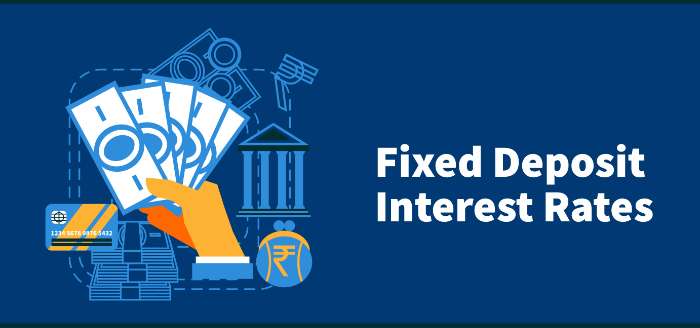Fixed Deposits have long been a favourable investment option for people seeking stability and assured returns. They are financial instruments offered by banks and financial institutions, where you deposit a lump sum amount for a fixed tenure at a prefixed interest rate. While FDs are considered a safe investment choice, their returns can vary significantly based on several crucial factors:
Economic conditions
The primary factor of the highest FD interest rates is the prevailing economic conditions. Bankstend to offer high-interest rates when the economy is strong and growing to curb inflation. Conversely, banks may reduce interest rates during economic downturns to stimulate economic growth, resulting in lower FD interest rates.
Inflation
Inflation influences the purchasing power of money over time. To ensure that your money retains its value, you should earn an interest rate on your FD that is higher than the inflation rate. Banks offer higher FD interest rates when inflation is high to attract depositors.
Repo rate
The repo rate, set by a country’s bank, influences the interest rates in the broader economy. Banks often borrow money from the central bank at the repo rate, and this cost is passed on to consumers as interest rates on Loans and FDs. A higher repo rate usually leads to higher FD interest rates.
Bank policies
Each bank has its policies and strategies for setting FD interest rates. Some banks might offer higher rates to attract more deposits, while others may focus on other aspects of their business and offer comparatively lower rates.
Tenure
The duration you invest your money in a Fixed Deposit determines the interest rate. Generally, longer-tenure FDs offer higher interest rates than short-term FDs. This is because banks prefer access to funds for an extended period and want to provide better rates to attract such deposits.
Type of FDs
Banks offer different FDs, such as regular, tax-saving, and senior citizens. The interest rates can vary for each. Senior Citizen FDs, for instance, often offer higher rates to cater to the needs of elderly depositors.
Credit rating
A bank’s credit rating and financial stability influence its Fixed Deposit interest rates. Banks with a higher credit rating may offer slightly lower interest rates since they are considered less risky by investors.
Market competition
The competition among banks, Banking apps, and other financial institutions in the market can drive them to offer attractive FD interest rates to lure customers. When multiple banks compete for deposits, it can result in better rates for depositors.
Conclusion
Interest on Fixed Deposit is subject to various factors, as mentioned. An investor needs to consider these factors while deciding on the suitable FD.

